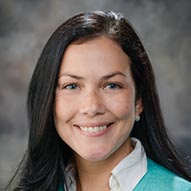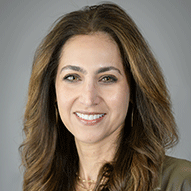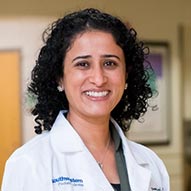Dallas
214-456-2740
Fax: 214-456-6898
Plano
469-303-0055
Fax: 469-303-0655
Doose syndrome is a rare type of epilepsy that causes hard-to-control seizures. Our experts at Children's Health provide the most advanced procedures and therapies in our region to treat children with Doose syndrome. We have nationally recognized pediatric epilepsy centers at our Dallas and Plano locations, meaning you and your child can expect the highest quality of care.
214-456-2740
Fax: 214-456-6898
469-303-0055
Fax: 469-303-0655
Doose syndrome causes seizures (quick, uncontrollable disturbances in the brain) in children between ages 1 and 5. Less than 2% of children who have epilepsy are diagnosed with Doose syndrome. Boys are twice as likely to have Doose syndrome as girls. Since these seizures can be very hard to control, it’s essential we get your child started on a treatment plan as soon as possible.
Children with Doose syndrome have seizures that may last for just a few seconds but could happen between 10 and 100 times each day. Children with Doose syndrome may experience only one type of seizure, but some experience different seizure types, including grand mal seizures or convulsions. The most common seizure types seen in Doose syndrome are:
During a detailed physical exam of your child, a neurologist will ask about your child’s past medical history, your family’s medical history, and about what you have noticed about your child’s behavior and their seizures. In addition, a neurologist might recommend tests that include:
Doose syndrome could be caused by many different reasons, such as a gene mutation or a brain malformation.
Some children with epilepsy improve over time. But for others, it can be a lifelong issue that’s difficult to control. We offer a variety of treatment options, including:
Your doctor will talk to you about the options and help you decide which one is right for your child.
Our nationally recognized epilepsy centers in Dallas and Plano are home to accomplished neurologists who provide advanced treatment and support to you and your family.




In some cases, your child can outgrow Doose syndrome if they get the proper care and treatment. When children get older, the number of seizures they have can decrease and can sometimes stop completely.
In some cases, it can be genetic. If a child’s parents have epilepsy, they may be more likely to develop it.